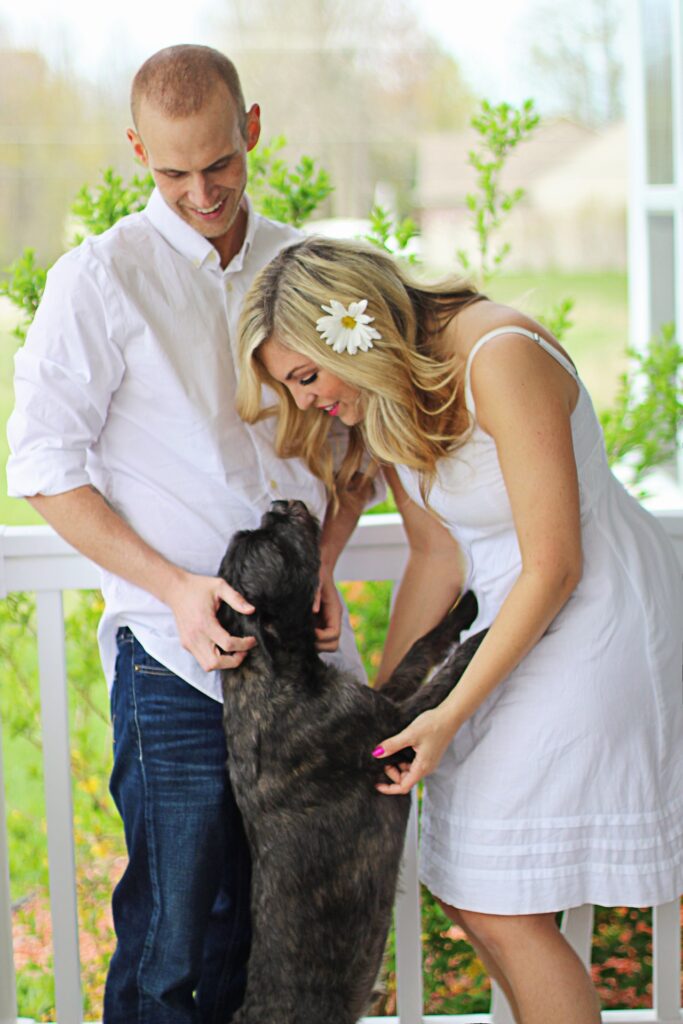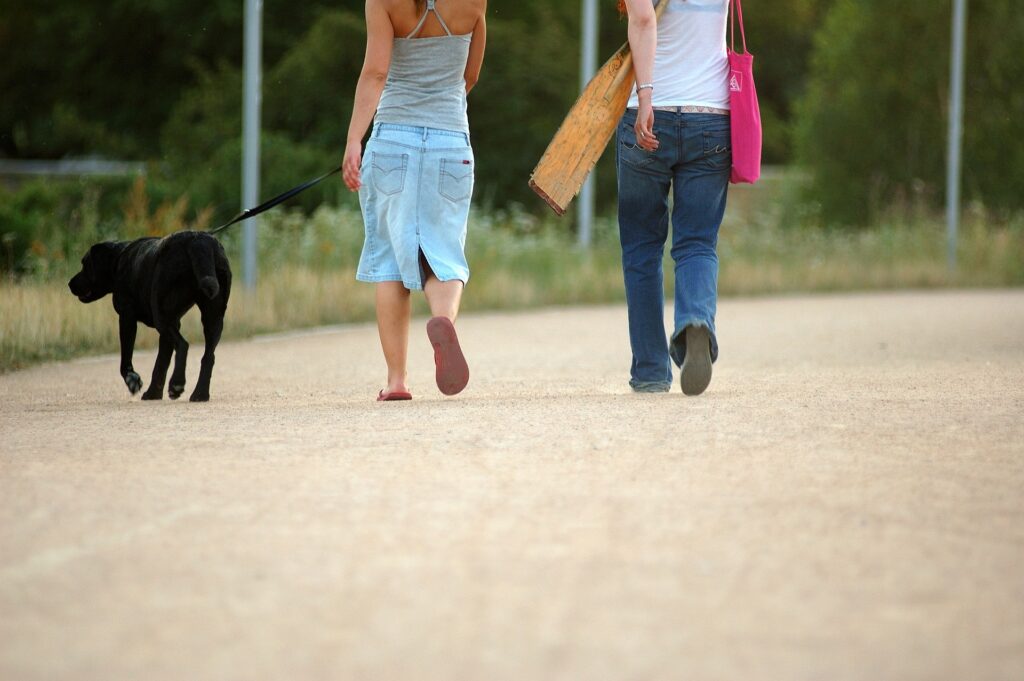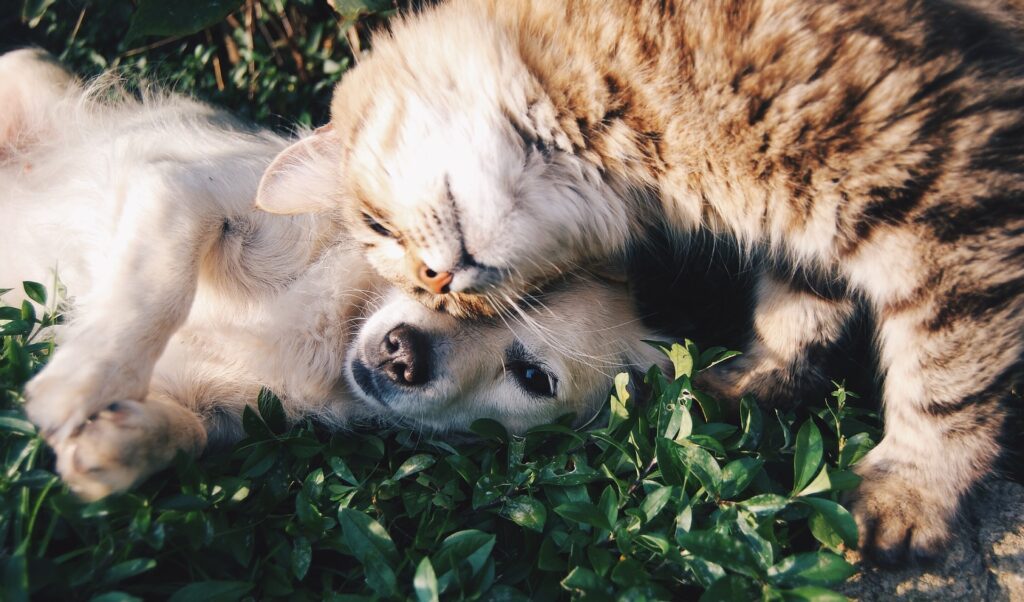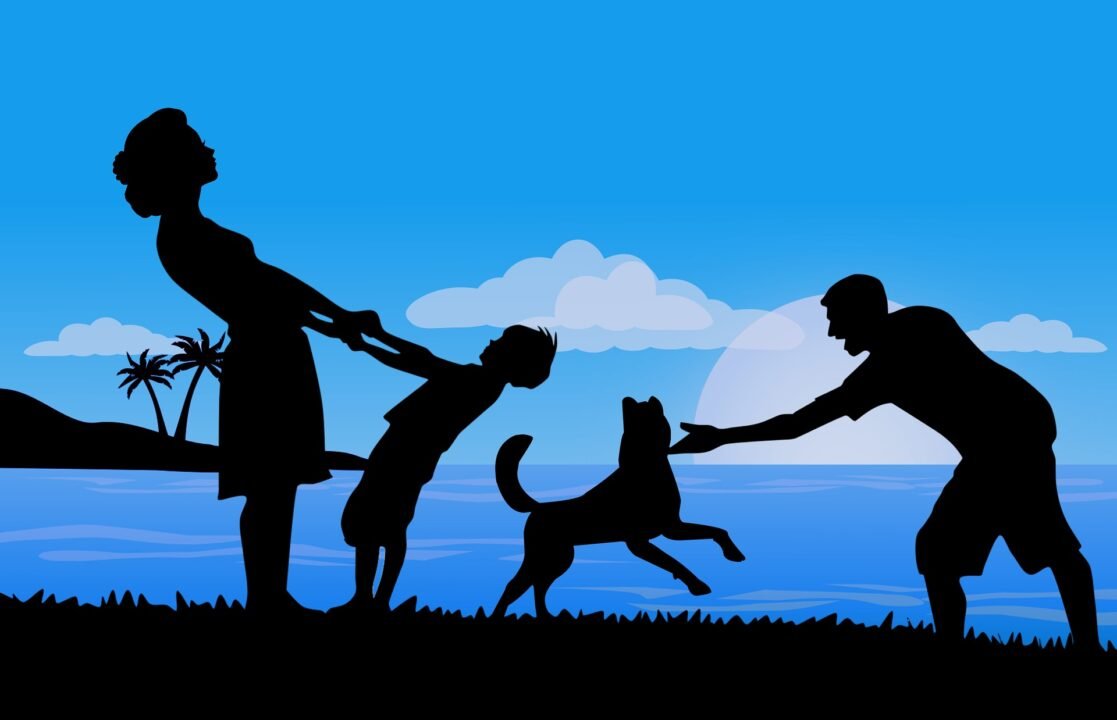As a father walks along a street, holding hands with his little daughter, a growling pet dog approaches them. Seeing the imminent danger, the man instantly grabs his daughter and kicks the dog off the lane. The poor dog whines in pain. Angry onlookers now unleash their wrath on the highly defensive dad.
“Hey, what’s your problem?”
“That’s a dog you monster!”
“We should kick you.”
Father and daughter are now surrounded by a vexed mob.
This is a scene from ABC’s comedy show Blackish, where Dre (Anthony Anderson) cannot hold himself back from harming a dog, just to protect his infant daughter Zoey (Yara Shahidi).
It paints a picture of a society overly mindful of pets, inclining to pets more than to humans.
Pets in the human society

The significance a pet holds in the human society has been evolving over the centuries. From being a hunting assistant in the primitive days of domestication to today’s therapeutic pets.
They’re so significant, so much that every US president in the last century has had a pet in the White House, save for Donald Trump, who said having a pet felt phony. Its yet another one of Trump’s un-presidential traits.
Pets have never been this privileged before; there is a whole industry dedicated to making pet products – cosmetics, kits, garments, medicine, supplements, and most importantly food.
The bond
Not only have we given care, but a lot of affection and intimacy as well.
Research has proven that there is an undisputable bond formed between a pet and its owner.
A study was conducted in Japan, where a series of pet dogs and their owners would stare into one another. After a certain interval, the level of oxytocin produced by both was measured.

It was found that oxytocin produced in both increased with the time interval they stared into each other.
Oxytocin is a hormone that helps in bonding; between couples and also between mother and child. It is essential for cementing relationships.
The findings of the study above reveal that humans become emotionally attached to pets as they interact. And more importantly, the pets also become attached.
This is the upside of having a pet and according it care and affection – you’re certain to earn back its affection and loyalty.
Pets will always respond to their human owners affectionately. While their affection may not match humans’, it stands out in that it is consistent and genuine.
To find this in humans can be difficult.
The Boss Baby movie wasn’t based on a fictional plot after all – maybe pets are actually stealing love meant for babies and humans at large; they could be severing important human connections.
Where does this leave human connections?
Does the pet connection affect in any way how we relate and connect to other humans? Yes, very much, but not as adversely as you may have thought.
Some studies have shown that pets help their human owners make friends with other people.

For example, a person walking their dog in a neighborhood has a better chance of engaging in a conversation with other people they meet, than a person walking alone. This is because the dog sparks interest in that person. Here’s how it works:
In the event that two people meet (being strangers), starting a conversation requires a common ground or interest.
Pets offer that common ground to kick start a conversation, since most people are already fond of pets.
So it becomes easier to start a conversation inspired by the pet.
Pets actually facilitate human connections.
The verdict
Human relations like friendships and marriages have been ailing from fragile links – easy to form but difficult to stay in one piece. They are are becoming flakier by the day.
Pets deserve some credit for the little help they offer to mend broken human links.

Tragedy would be to have a total substitution of humans for pets. Until then, its safe to say pets are not severing human connections.
Check out this story about birds on Unleash Mag. Thank you for reading!


Wonderful article! It is all true as a matter of fact.